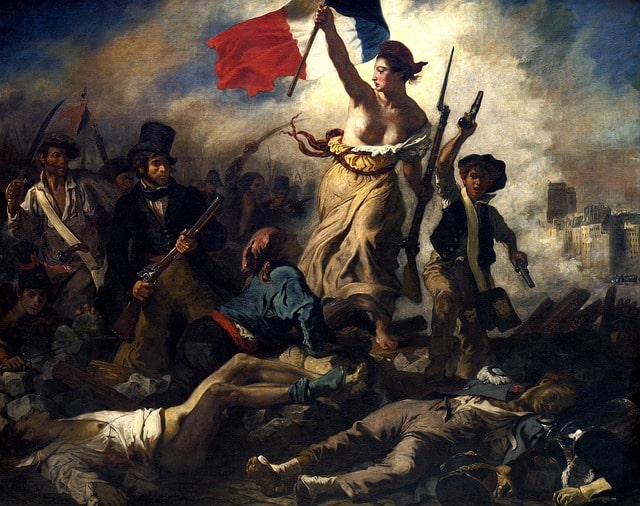
It all depends on the specific issues of each particular case.
Particularism is the tendency to prioritize particular interests over general interests . Particularism is also the preference to act according to one's own free will .
A philosophical doctrine
In the field of philosophy , particularism is a doctrine that maintains that abstract and universal theories are fallible since everything depends on the specific issues of each particular case .
Particularism, in this sense, leads to reflection on the patterns linked to practical reasoning. In many areas, those who defend this position maintain, a holistic judgment is needed to make a comparison between the contextual and historical reasons that exist against and in favor of a postulate.
In historiography
For historiography , particularism means defending a particular condition against an absolutist and unifying tendency . This is usually linked to the study of the monarchies of the Ancien Régime . More broadly, we can say that it is used in the context of Western European history to shape a particular class, local or religious, among others, opposing it to the unification, absolutism and centralization of the authoritarian monarchy.
Speaking of France, for example, traditional historiography points out that its history emerged as a kind of nation-building , that is, its identity was forged thanks to state power, and was finalized only in the context of the Revolution . For this reason, everything that was apparently opposed to this process was usually understood as retrograde. All class or local particularism was defined in this way, especially within the framework of the Revolution.
Moving on to Spanish history, particularism can be seen from the Middle Ages. In this way, events such as the following have been understood: in the 6th century, when Hermenegildo rebelled against his father, the monarch Leovigildo; in the 9th century, the independence of the Pyrenean lands from the Carolingian Empire; in the 9th and 10th centuries, when the Muladis and the Berbers rebelled against the Emirate of Córdoba; between the 13th and 16th centuries, the emergence of the taifa kingdoms ; in 1520, the war of the Communities of Castile .
Historical particularism
Franz Boas (1858-1942), for his part, resorted to the notion of historical particularism in the field of anthropology . Boas claimed that a society is always a collective representation of a history that is particular and unique . In this way, he opposed evolutionism , which attributed the same path of development to all societies.
With historical particularism, Boas showed that different peoples can achieve a similar level of development by following different paths. That is, by having a past that is unique to each one.

France's identity was finally forged with the Revolution
Moral particularism
Moral particularism , on the other hand, minimizes or rejects the ethical principles of a community because it considers that the specific circumstances of each particular case must be taken into account. Moral generalism , on the other hand, states that the moral response transcends the particular case and must be framed within a series of socially shared principles.
From the traditional point of view of moral particularism, it is believed that moral thought does not have a well-defined structure . The most extreme reject moral principles in this theory altogether, since they consider them unnecessary. It is often believed that the use of these principles is counterproductive, since moral particularists rely on using those that are considered appropriate in each case . The British philosopher Jonathan Dancy points out that from each case, regardless of whether it is an imaginary one or a real one, certain moral ideas emerge.
